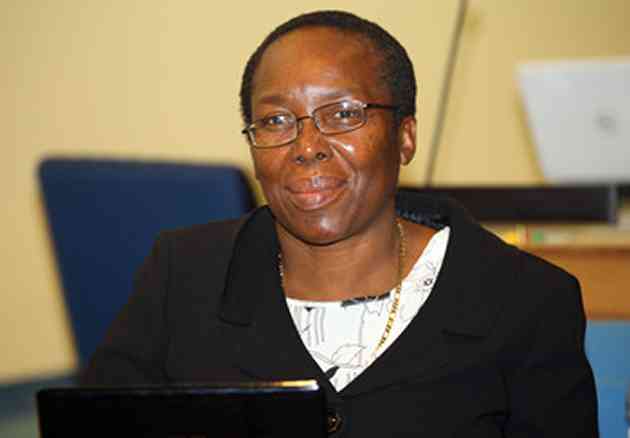
CLIMATE change effects and environmental degradation are threatening to reverse the gains made over the years in promoting gender equality and women’s empowerment in in the country, Zimbabwe Gender Commission (ZGC) chairperson Margaret Mukahanana-Sangarwe has said.
She said the effects were exacerbating vulnerabilities through disrupted livelihoods, increased food insecurity and water and energy challenges.
Mukahanana-Sangarwe was speaking during a provincial gender forum held on Wednesday this week in St Mary’s, Chitungwiza.
The forum, which discussed the problems faced by men and women in Chitungwiza due to climate change, was held under the theme Building Resilience and Sustainable Development through Gender Equality.
“The challenges that are being faced by communities due climate change mainly fall on the shoulders of women and girls,” she said.
“Inasmuch as women and girls bear the brunt of environment and climate change challenges, we also acknowledge that women are not only victims of environment and climate change challenges, but they are also vital agents of change.
“They are often the leaders in environmental conservation and sustainable development hence the need to also support women’s leadership in climate decision making as well as support them to develop climate resilient livelihoods.”
Mukahanana-Sangarwe said while both sexes were impacted similarly by environment and climate changes, women were disproportionately affected as they relied heavily on the environment for household provision and livelihoods.
- Record breaker Mpofu revisits difficult upbringing
- ED speaks on prices, exchange rate
- Mapeza looks forward to Bosso challenge
- Illegal gold rush fuels violent crimes
Keep Reading
She said the connection among gender, environment and climate change in Zimbabwe was very complex and multifaceted.
“Some of the factors that connect them may include gender roles and responsibilities, climate change impacts, environmental degradation, agriculture and food security, disaster risk reduction, access to resources and technology, cultural and social norms and policy and programming,” Mukahanana-Sangarwe said.
“Women are often responsible for natural resource management, such as collecting water and firewood and farming. This makes them more vulnerable to climate-related changes in weather patterns and natural resources.”
On climate change impacts, she said, it exacerbated existing environmental challenges in Zimbabwe, including droughts, floods and soil erosion.
“These impacts disproportionately affect women, who have limited access to resources, technology and decision-making power,” the ZGC boss said.
She said environmental degradation caused deforestation, land degradation, and water pollution affect women's livelihoods and health, as they rely on these resources for their daily needs.
The provincial gender forum was build up for a national event that is set to be held in Gwanda, Matabeleland South province.










